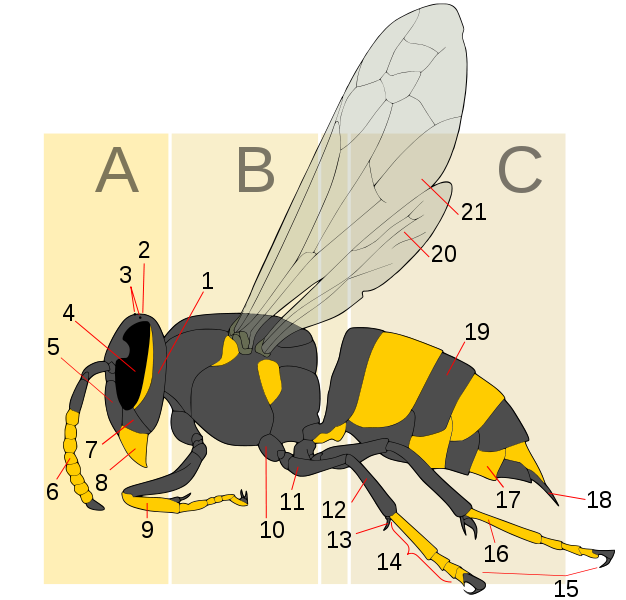Understanding first aid for a wasp sting is a vital life skill that can help make treating these painful stings more manageable. In a case where an individual stung by a wasp is allergic to the allergens released by the insect, being able to deal with the sting can mean the difference between life and death.
A wasp sting can cause a painful sensation around the affected area. The affected area often turns red and starts itching. Multiple wasp stings may result in headaches, fever, dizziness and muscles cramps. Treatment for wasp sting can be somewhat complex if the individual suffers an allergic reaction to the poison. The symptoms may include nausea, bluish lips and face, swelling and breathing problems, which can immediately result in shock, chocking or even unconsciousness. Seek emergency help if any of these dangerous symptoms occur. Call our professional wasp removal services for a quick wasp nest removal.
Basic First Aid for Wasp Sting
First aid for wasp sting entails simply soothing the painful sensation and preventing further infection. There are a few ways to deal with a wasp sting. Firstly, wash the affected part thoroughly with soapy water. You can apply ice directly on the affected area to help prevent or reduce excessive swelling. In cases where ice is not available, you can use mud instead. It is also believed that a mixture of water and baking soda can help reduce the excessive swelling caused by wasp stings. In addition, an antihistamine may also help with counteracting the effects of an individual’s reaction to the venom. Unlike other insects that sting and leave without their stinger, wasps do not leave their stinger behind. This means there is no stinger left to pull out.
Treatment for Allergic Reactions
Some patients develop an allergic reaction to the venom released by the wasp. In approximately 3% of cases, the individual stung will experience an allergic reaction to the substances the wasp releases. Some of the most common reactions are swelling, hives and breathing problems (because of swelling around the air passages). Mild wasp sting cases will usually require treatment with an antihistamine. However, severe cases will require emergency medical attention. Here, you need to let the health care provider know that the individual stung is experiencing an allergic reaction. In case the person had a similar reaction in the past, the individual may have a short of epinephrine or adrenaline in their system to help minimize the effects of the reaction. Keep the patient lying down until medical assistance arrives.
Wasp stings can cause pain and swelling due to the stingers venom. Usually, basic first aid can help deal with the pain, itching and swelling. However, some people experience allergic reactions to wasp toxin and should seek immediate medical attention.

